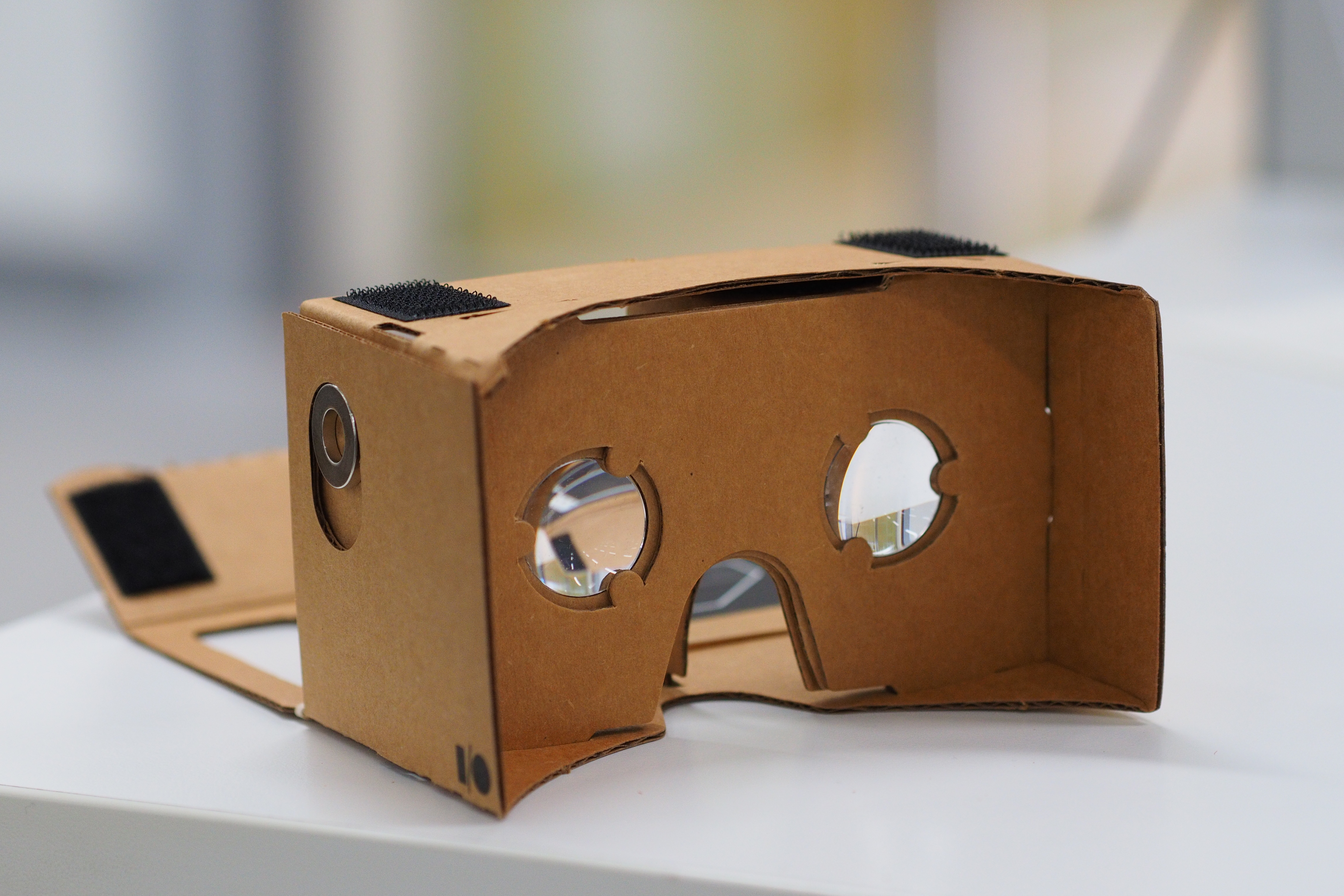Using a combination of digital platforms and open-source data the BBC set about verifying the Cameroon military’s disinformation claims.
In July this year, a video spread across social media showing two women and two young children who, led by soldiers, were blindfolded, forced to sit on the ground and shot several times.
A debate started on social media, with many saying the atrocity was committed by the hand of the Cameroonian military, whereas others claimed it happened in Mali. Cameroon’s government repeatedly denied the claims associating it with the murders, deeming them as “fake news”.
BBC News Africa – the regional arm of Britain’s public broadcaster – then set to verify the claims using a myriad of digital tools such as Google Street View, Facebook profiles, virtual sundials and maps to identify the location and the people involved in the video. They then collated the evidence and shared their findings in a fascinating Twitter thread, showcasing their verification process. Here are a few examples:
The video also shows this building. Satellite images show us that, by February 2016, it had been demolished.
The killings happened before February 2016. pic.twitter.com/EdBqLQHStE
— BBC News Africa (@BBCAfrica) September 24, 2018
We know this is a combat outpost because we found a @Channel4News report that was filmed here in 2015 – and we matched the features visible in that report to the details we see on satellite imagery. pic.twitter.com/nmtD8cm0Ag — BBC News Africa (@BBCAfrica) September 24, 2018
The broadcaster was able to identify the date, locations and some of the soldiers who killed the women and the children. Following BBC News Africa’s analysis, the Cameroonian government said that 7 soldiers had been arrested, disarmed, and imprisoned while under investigation.
This thread brilliantly showcases the contemporary processes behind quality investigative journalism, fact checking and verification techniques. It alsos highlights the essential value of these low-cost digital resources to public service media, especially in fulfilling their mandates to keep governments in check and provide rigorous information to citizens.
The Best of PSM highlights stand-out, high-quality and innovative public media content and its benefit to audiences around the world.
If you’re a member or a public broadcaster and want to showcase your content please get in touch at editor@publicmediaalliance.org
Header Image: Tim Loudon/Creative Commons


